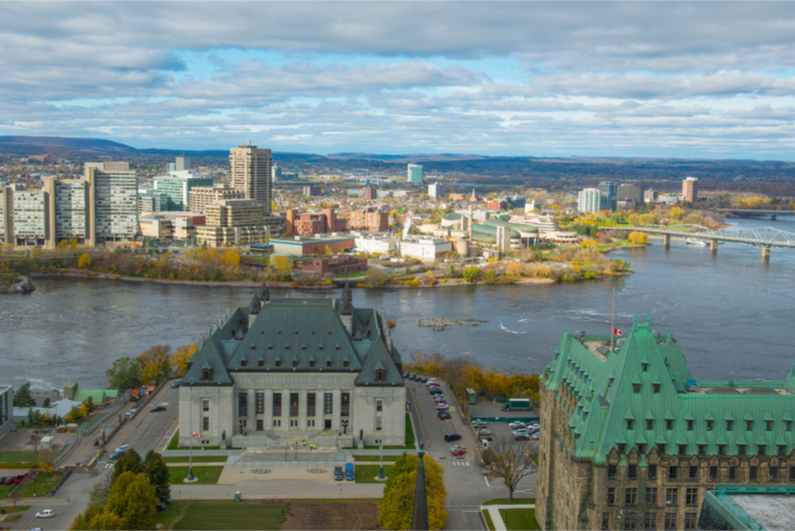Quebec’s government plans to file an appeal against the Supreme Court verdict that its amendments to online gaming restrictions are unlawful.
The law in question requires internet service providers to block access to any website that is not licensed by the Quebec government. It has been estimated that about 2,200 sites would be blocked. The bill was passed in May 2016 but has been tied up in legal battles since then.
Potential to monopolize in Quebec
One of the main concerns about the bill is that the government would have a monopoly on the gaming industry in the province if the law goes into effect. The only lotteries that would be available via telecom service providers would be owned by the government itself, which some view as being a conflict of interest.
Legislators dispute this and say the bill was passed to protect the public from the social and economic difficulties that can result from unregulated gambling. It has been estimated that the province is losing out on a large amount of revenue due to residents seeking gaming products elsewhere. However, all of the regulated gaming products for the area are run by Loto-Quebec, a government-run body, which has made those in favor of competition feeling uneasy.
Challenged by the CWTA
The Canadian Wireless Telecommunications Association (CWTA) has argued that the ban would be expensive and is not in accord with Canada’s stance on net neutrality.
In addition, the association said the ban would not be effective because a large number of the gaming websites in question operate from offshore locations and therefore would not be affected, making it an ineffective way of regulating the issue.
The service providers would face a fine of up to a maximum of $76,000 for each offense. Given the number of websites thought to be affected by the ban, these sums could generate a large amount of income for the government.
Legal in Canada, but regulated by the province
The national government passes Canadian gambling laws the provinces can adapt them. Canada has legalized many different types of gambling, including lotteries and sports betting. The province of Quebec does not allow single sports betting, but this could become a turf war for the neighboring towns now that the US ban on sports betting has been struck down by that country’s Supreme Court.
Quebec’s attorney general has filed a notice of appeal to fight the decision that the law is illegal, maintaining that its goal is to protect the public.
The public health and safety argument may be tough to argue, given that the only other countries operating similar systems are Russia, Iran, and China. The appeal may be a difficult fight, considering the opinion of the previous judge on the matter, Justice Pierre Nollet, who was quoted as saying: “Its pith and substance is to prevent online gambling not set up and operated by the province from being ‘communicated’ by ISPs and not the protection of consumers or their health.”
The gaming market is lucrative for the province, so a workable solution for all parties would be the most desirable outcome, but it looks unlikely that this will happen without the bill itself being redrafted and the approval process starting again from scratch.




